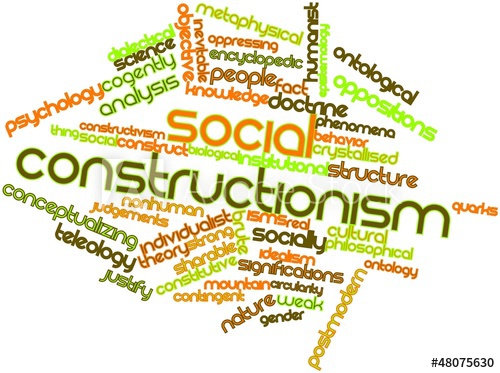EVALUATING THEORY
French philosopher André Gide wrote, “No theory is good unless it permits, not
rest, but the greatest work. No theory is good except on condition that one uses it
to go on beyond” (quoted in Andrews, Biggs, and Seidel, 1996, p. 66). In other
words, good theory pushes, advances, improves the social world. There are some
specific ways, however, to judge the value of the many theories we will study in
this book.
When evaluating postpositivist theory, we need to ask these questions:
1. How well does it explain the event, behavior, or relationship of interest?
2. How well does it predict future events, behaviors, or relationships?
3. How testable is it? In other words, is it specific enough in its assertions that it
can be systematically supported or rejected based on empirical observation?
4. How parsimonious is it? In other words, is it the simplest explanation possible
of the phenomenon in question? Some call this elegance. Keep in mind that
communication theories generally tend to lack parsimony. In fact, one of the
reasons many social scientists avoid the study of communication is that
communication phenomena are hard to explain parsimoniously.
5. How practical or useful is it? If the goals of postpositivist theory are explanation,
prediction, and control, how much assistance toward these ends is
provided by the theory?
When evaluating hermeneutic theory, we need to ask these questions:
1. How much new or fresh insight into the event, behavior, or relationship of
interest does it offer? In other words, how much does it advance our
understanding?
2. How well does it clarify the values inherent in the interpretation, not only
those embedded in the phenomenon of interest, but those of the researcher or
theorist?
3. How much support does it generate among members of the scholarly community
also investigating the phenomenon of interest?
4. How much aesthetic appeal does it have? In other words, does it enthuse or
inspire its adherents?
When evaluating critical theory, we need to ask the same questions we do of hermeneutic
theory, but we must add a fifth:
5. How useful is the critique of the status quo? In other words, does it provide enough
understanding of elite power so that power can be effectively challenged?
Does the theory enable individuals to oppose elite definitions of the social world?
When evaluating normative theory, we need to ask the following questions:
1. How stable and definitive are the ideal standards of operation against which
the media system (or its parts) under study will be measured?
2. What, and how powerful, are the economic, social, cultural, and political realities
surrounding the actual operation of a system (or its parts) that must be
considered in evaluating that performance?
3. How much support does it generate among members of the scholarly community
also investigating a specific media system (or its parts)?
